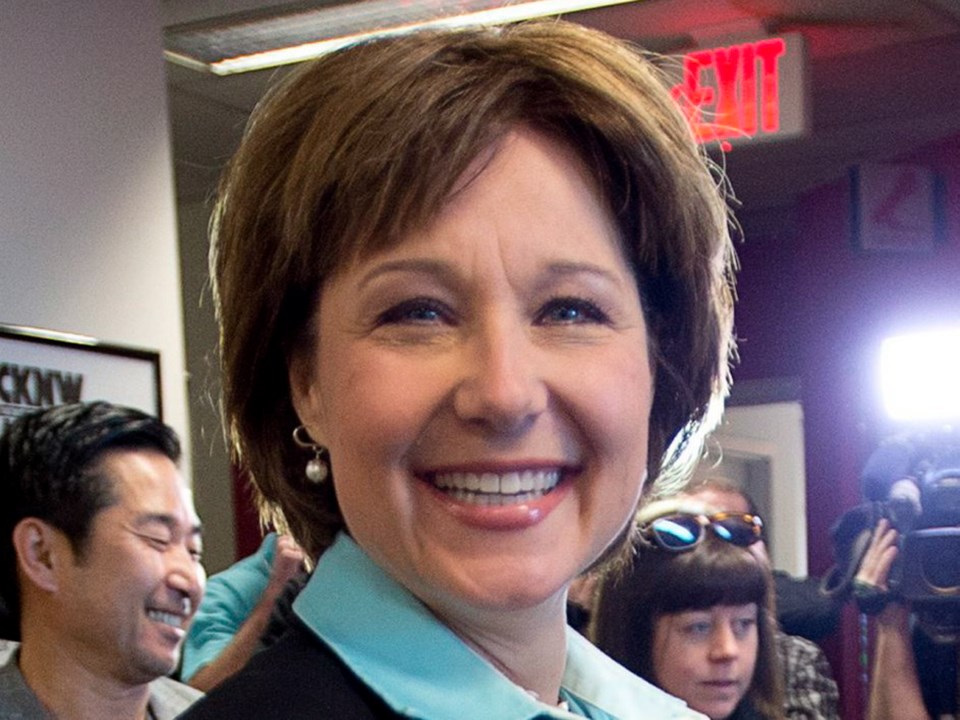There’s a tantalizing 10-page gap in the B.C. government’s response to a freedom of information request.
An unidentified media outlet asked for any records in the Justice Ministry dealing with the possible impact of decisions in Washington state and Colorado to approve recreational marijuana use.
The request produced this week copies of a handful of earnest entreaties from citizens to the premier to go with the flow and give up on prohibition.
But 10 pages were redacted under section 14 of the FOI law. That allows the government to withhold information that could reasonably be expected to harm law enforcement.
The examples in that exemption include material that would prejudice the defence of Canada, harm the detection of espionage, reveal confidential sources or criminal intelligence, and so on.
The blank pages conjure up vivid imagining of what the Justice Ministry has in its files when it comes to Washington voters’ decision last winter through referendum to relax state dope laws.
But they will stay secret for the time being.
The government is holding its cards close to its vest. So is Premier Christy Clark, who refuses to go near the marijuana issue. Asked during the televised debate if she favours decriminalization, she ignored the question completely and sneered at NDP leader Adrian Dix for answering yes. (“That says a lot about your priorities.”)
Green Party leader Jane Sterk also supports decriminalization, while Conservative leader John Cummins said B.C. needs to talk to Ottawa and Washington about it.
Clark’s reticence is uncharacteristic. She’s usually more than happy to pronounce on whatever topic is at hand. But reporters have given her numerous chances to bat it around in the past two years and she has yet to take a swing.
Citizens have also prodded her. One of the letters released this week says: “I care about B.C. and I hope and pray the premier can get the message. 75 per cent want recreational weed. She has no chance of winning unless there is a referendum provincially legalizing the use. The revenues will go to Washington state if a move is not made.”
Another writer said: “Will it take guts to pull it off? You bet it will, and I think you have what it takes to do it. Please do what you know is right.”
But the furthest the B.C. Liberals will tip-toe into the marijuana debate is to cautiously endorse consideration of a “study.”
Stop the Violence B.C., a non-partisan group that has been lobbying for decriminalization, questioned the four parties about a narrow, specific item on their agenda. The group asked if the parties would prevent any kind of federal research trial to investigate whether taxation and strict regulation of adult marijuana use could reduce profits to organized crime and prevent youth access to the drug.
The NDP and the Greens supported the idea. The Liberals said Ottawa is responsible for marijuana law, and if the federal government decided to do such a trial, “our government would certainly give serious consideration to any provincial approvals that would then be required.”
The coalition also commissioned a poll that found citizens are much more definitive. Three-quarters of those polled like the idea of such a study.
But even that mild, non-committal response to a hypothetical question is being taken as a small win by the coalition.
The Washington state referendum result created a burst of interest in the age-old topic, but it didn’t last long enough to carry into the election campaign. (It doesn’t help that B.C. Marijuana Party leader Marc Emery is still in jail in the U.S.)
A separate pro-marijuana group is still planning to start a petition drive this fall for a B.C. referendum similar to the Washington one.
But meantime, it’s baby steps towards a study that B.C. parties would consider.



